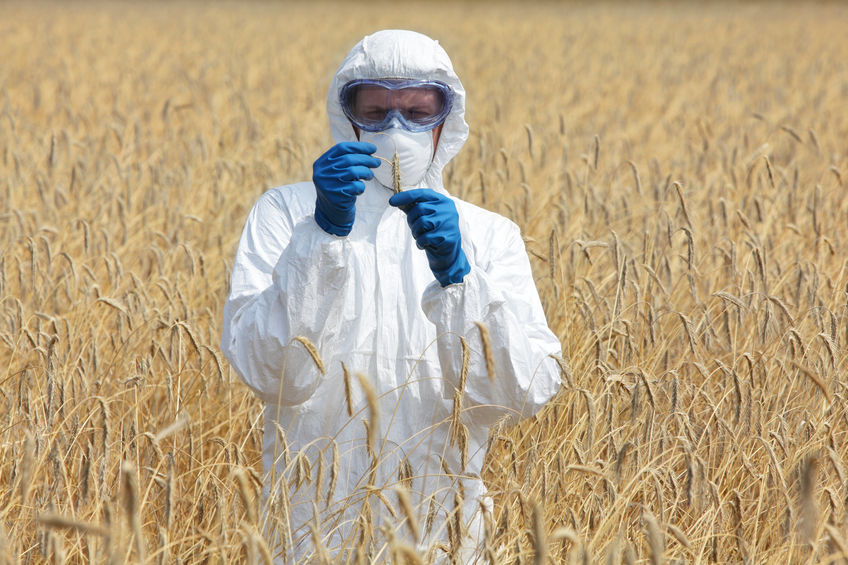
A majority of EU countries voted on Monday (27 March) against allowing two new genetically modified (GM) crops to be grown in Europe.
The new licences, for two new GM maize varieties to be grown in the European Union, means the applications will now be passed to farm ministers.
EU Member States were asked to vote on the future of Pioneer's 1507 and Syngenta's Bt11, which kill insects by producing their own pesticide and are also resistant to a particular herbicide.
The governments were also asked to determine whether to extend authorisation for Monsanto's MON810, an insect-resistant maize that is grown mainly in Spain, but banned in a number of other counties.
Member states voting in an appeals committee in Brussels were overall split on the issue – with 30% of the vote in favour, 47% against and 23% abstaining.
However, the votes against were not decisive in blocking their introduction because the opposition did not represent a "qualified majority" - also including countries that make up at least 65 percent of the EU population.
This means it must now pass to EU farm ministers, which is considered a more senior level. They are due to meet in May this year.
Commission spokesman Enrico Brivio said: "In practice this means that the three GMOs, if and once authorised at EU level, will not in any case be cultivated on the terrorities benefiting from the opt out."
Opposition remains strong
Mute Schimpf, food campaigner for Friends of the Earth Europe, said the decision now lies with European Commission President Jean-Claude Juncker.
"He can put himself on the side of the majority of countries, citizens and farmers who do not want genetically modified crops, or he can back the mega-corporations behind the industrialisation of our countryside," she said.
MON810 is banned in 17 EU countries and is grown on less than 1 per cent of agricultural land, mainly in Spain and Portugal, according to the green lobby group.
Repeated EU scientific assessments have concluded that GMO crops are as safe for humans and the environment as their conventional counterparts, but consumer opposition to the technology in Europe remains strong.
MON810 is the only GM crop grown in Europe. A potato developed by BASF was granted approval in 2010, but the German company withdrew it in 2012.
